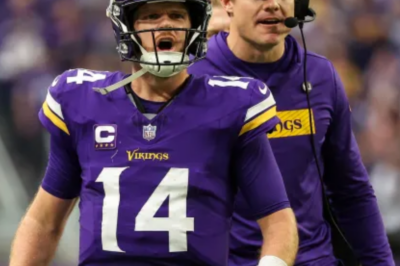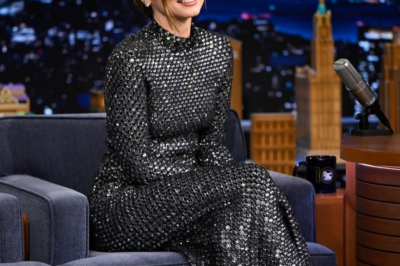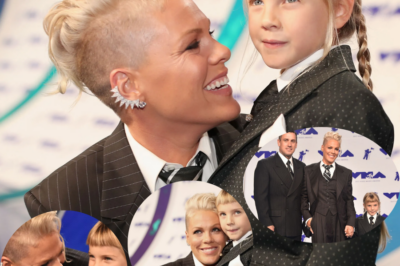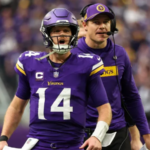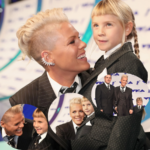Dave Chappelle’s Take on “Planet of the Apes” and Its Racial Undertones: A Deep Dive
Comedic Genius or Cultural Critic? Chappelle’s Bold Commentary on Hollywood’s Racial Allegories
Dave Chappelle, one of the most influential comedians of his generation, has never shied away from tackling controversial topics with his signature blend of humor and social commentary.
One such moment that stands out in his storied career is his discussion about the racial implications of the classic sci-fi film Planet of the Apes.
While appearing on Late Night with Conan O’Brien, Chappelle candidly explained why he considers the movie to have racist undertones, igniting an important conversation about race in Hollywood and the way narratives about power and oppression are framed in mainstream media.
Breaking Down Chappelle’s Observation: The Racial Allegory in “Planet of the Apes”
During his appearance on Conan O’Brien’s late-night talk show, Chappelle brought up Planet of the Apes as an example of how certain films unintentionally or deliberately reinforce racial stereotypes.
His argument stemmed from the film’s central premise: a world where intelligent apes have overthrown human civilization and taken control.
He pointed out the uncomfortable parallels between the depiction of the ape society and long-standing stereotypes about Black people, especially in the way the apes were designed, characterized, and situated within a dystopian narrative.
Hollywood has long used allegories to discuss issues of race, class, and power, but Chappelle’s critique suggested that Planet of the Apes might be less of an innocent sci-fi adventure and more of a veiled commentary on racial hierarchy.
The question he posed was: If the oppressed apes in the film are meant to symbolize an underclass rising against their oppressors, what does that imply about the racial subtext of the story?
A History of Racial Allegory in Science Fiction Films
Chappelle’s argument is not an isolated observation. Over the years, scholars and film critics have analyzed how science fiction films have frequently used alien species, robots, and, in this case, apes, as metaphors for real-world societal issues.

Many sci-fi films have borrowed themes from historical struggles, particularly the civil rights movement, often without explicitly acknowledging them.
For instance, Planet of the Apes was released in 1968—a period marked by racial tension, the assassination of Martin Luther King Jr., and widespread protests for racial justice.
Given the era in which the film was made, some interpretations suggest that the movie inadvertently reflects contemporary fears about societal change and race relations.
The idea of a subjugated group rising against a dominant ruling class mirrors real-life historical conflicts, making the film’s racial implications difficult to ignore.
Chappelle’s Unique Perspective: Using Comedy to Unmask Hollywood’s Subtext
Dave Chappelle is known for his ability to mix humor with sharp social critique.
His discussion of Planet of the Apes was a prime example of his comedic style—using laughter to bring attention to uncomfortable truths.
By framing his analysis within a joke, he made the topic more accessible to audiences who might not otherwise engage with discussions about race and media representation.
His take on the film’s racial implications resonated with many, particularly Black viewers who have often noticed problematic depictions in Hollywood productions.
Chappelle’s commentary underscored the idea that racial representation in film and television is not always explicit but can manifest in subtle, coded ways.
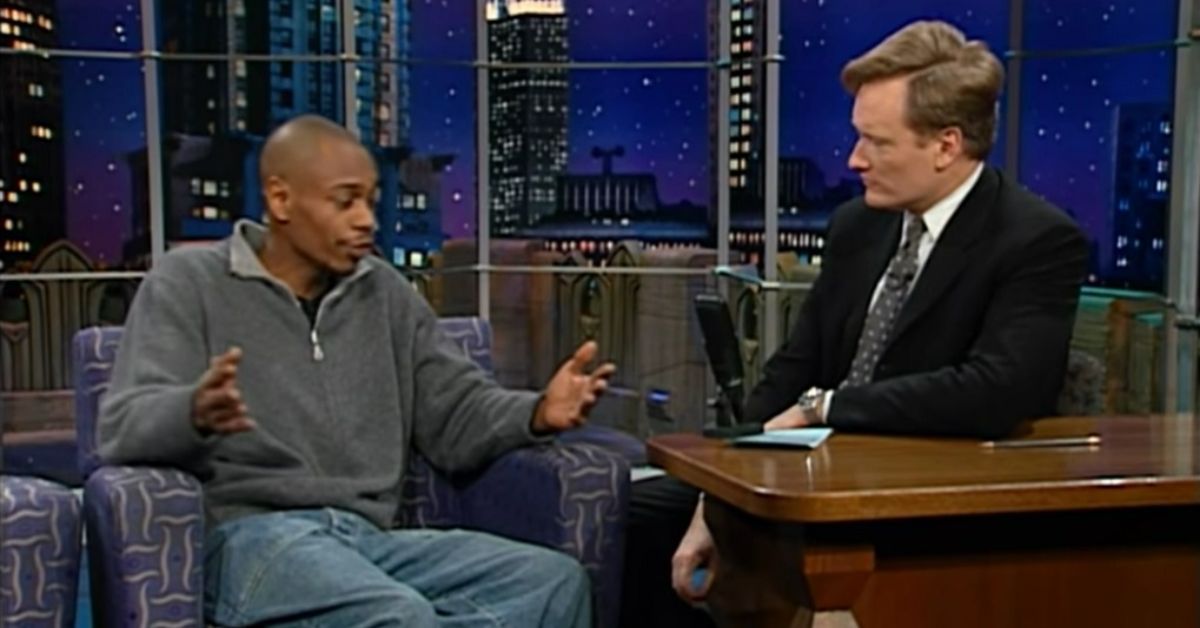
When analyzed critically, Planet of the Apes raises valid questions about the messages embedded within entertainment and how they shape public perceptions of race and power.
The Broader Implications of Hollywood’s Racial Depictions
Hollywood has a long history of reinforcing stereotypes through both overt and subtle means.
Whether it be through casting choices, character tropes, or overarching narratives, many films have reflected societal biases rather than challenging them.
The discussion around Planet of the Apes is part of a larger conversation about how mainstream media influences racial attitudes.
Chappelle’s critique is particularly relevant in today’s media landscape, where issues of racial representation are more closely scrutinized than ever.
With the rise of social media and platforms that amplify diverse voices, audiences are more willing to question and critique the narratives presented to them.
In response, some filmmakers have taken steps to challenge traditional stereotypes and introduce more nuanced portrayals of race and culture in science fiction.
Modern films such as Black Panther (2018) and Get Out (2017) have deliberately subverted racial tropes, offering fresh perspectives that empower rather than marginalize Black characters.
Why Chappelle’s Commentary Still Matters Today

Although Chappelle’s remarks about Planet of the Apes were made in a comedic setting, they remain relevant in discussions about race in entertainment.
His critique reflects broader concerns about Hollywood’s storytelling patterns and the ways in which they reinforce or challenge racial narratives.
As audiences continue to demand more accountability and representation in media, conversations like the one sparked by Chappelle serve as an important reminder to examine the content we consume critically.
Rather than dismissing such critiques as mere jokes or over-analysis, they should be seen as opportunities to engage in meaningful discussions about race, history, and media’s role in shaping societal perspectives.
The Power of Comedy in Cultural Critique
Dave Chappelle’s take on Planet of the Apes exemplifies his ability to blend humor with insightful commentary on race and media representation.
His critique, while wrapped in comedy, forces audiences to confront the deeper implications of films that have long been accepted without question.
In a world where entertainment continues to play a significant role in shaping public opinion, discussions like these are essential.
They encourage filmmakers and audiences alike to be more mindful of the messages conveyed through storytelling.
As Chappelle has demonstrated throughout his career, comedy is not just about making people laugh—it’s also about making them think.
News
Despite the Turmoil, Minnesota Vikings Narrowly Missed the Playoffs: A Deep Dive into a Tumultuous Season and the Impact of Anthony Richardson’s Potential Arrival
Despite the Turmoil, Minnesota Vikings Narrowly Missed the Playoffs: A Deep Dive into a Tumultuous Season and the Impact of…
Ana de Armas: The Stunning Rise of a Hollywood Starlet
Ana de Armas: The Stunning Rise of a Hollywood Starlet In the world of Hollywood, where new faces emerge with…
Anticipation Builds as Liverpool Fans Prepare for an Exciting Kick-Off at Anfield
Anticipation Builds as Liverpool Fans Prepare for an Exciting Kick-Off at Anfield As the sun rises over Merseyside, excitement and…
David Tennant Demonstrates Solidarity with the Trans Community at 2024 Fan Convention in Germany
David Tennant Demonstrates Solidarity with the Trans Community at 2024 Fan Convention in Germany In the world of entertainment, few…
Pink’s Heartwarming Response to Her Daughter Willow’s Self-Image Struggles: A Powerful Lesson in Self-Love and Empowerment
Pink’s Heartwarming Response to Her Daughter Willow’s Self-Image Struggles: A Powerful Lesson in Self-Love and Empowerment In a world where…
Closing the Year the Right Way: A Reflection on Success, Teamwork, and Setting the Stage for Future Achievements
Closing the Year the Right Way: A Reflection on Success, Teamwork, and Setting the Stage for Future Achievements As the…
End of content
No more pages to load

